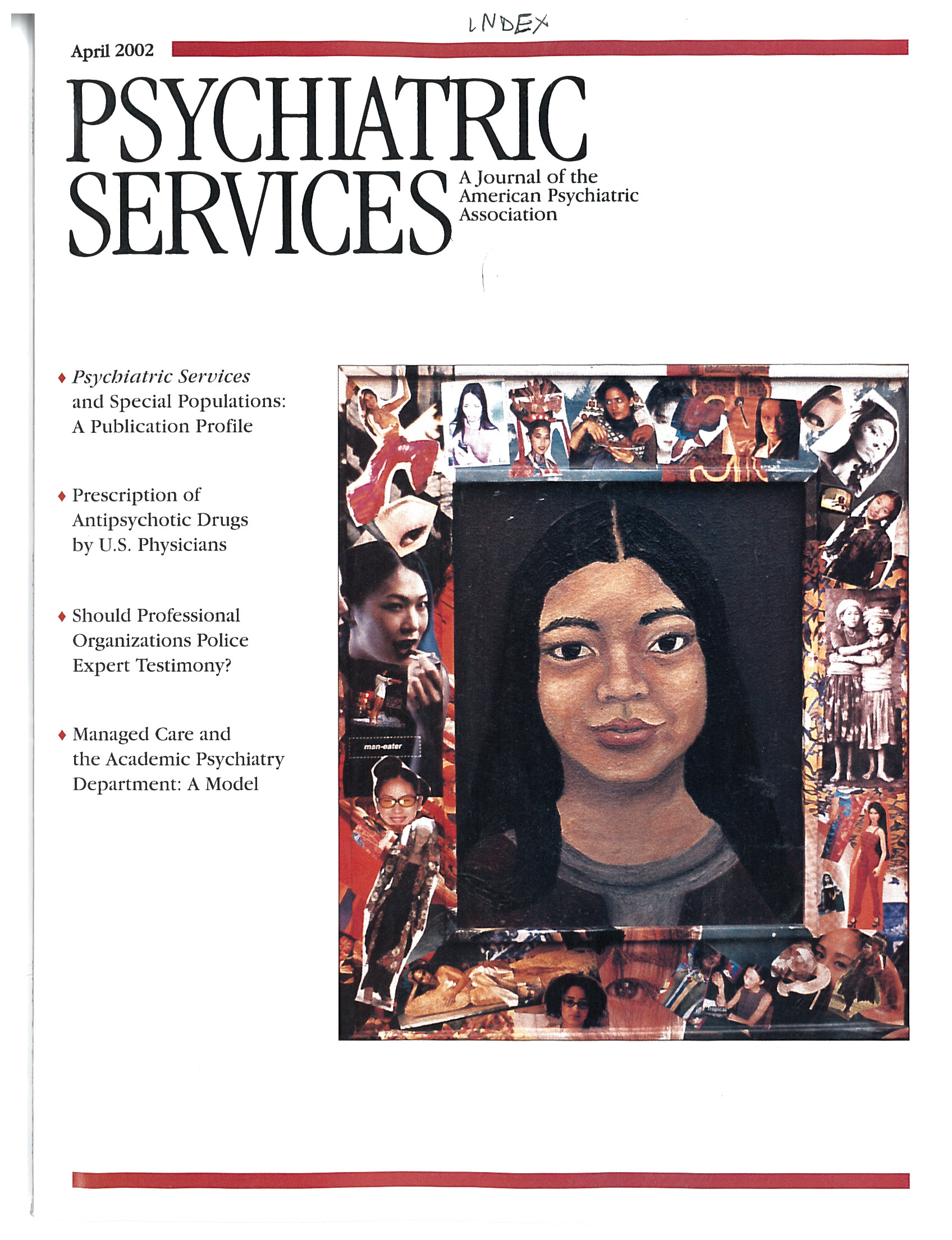Residents and fellows in psychiatry often struggle with the dilemma of whether or not to pursue a career in research. For most, the information and guidance they would need to choose the research avenue as an informed decision are not easily available. Trainees facing this dilemma will be well served by Elements of Clinical Research in Psychiatry. The authors have nicely combined comprehensiveness with succinctness in a well-written text.
In the first chapter, "Careers in Clinical Mental Health Research," the authors describe what a clinical psychiatric researcher does and provide a list of questions for the reader who is considering a career in clinical research. The questions provide the reader with an understanding of the various opportunities available and how to narrow down the choices. More important, in this fashion the authors guide the reader toward getting answers to questions that will finally lead to a decision about a career in research.
Chapters 2 to 4 focus on research methods and provide an excellent discussion of what is involved in designing research studies. The next two chapters provide a concise but very useful introduction to statistics; the presentation in these chapters should enhance insight into the data-analysis dimension of understanding and writing research protocols.
In chapter 7—and with the help of some of the appendixes—the authors describe how research support is procured from the National Institutes of Health (NIH) and, more generally, the process involved in funding research grants.
It is important for investigators, especially those who are new at conducting clinical research and those who take the lead in designing a study, to acquaint themselves with the ethical issues involved in research with persons who have mental illness. Investigators also must understand the role of appropriate regulatory bodies, such as institutional review boards, and must be aware of what constitutes scientific misconduct. Chapters 8 and 9 delve into these issues and provide thoughtful insights into this critical area of clinical research. For example, the authors offer a helpful and concrete discussion of the elements of informed consent as they apply to study subjects whose capacity to consent to participate in research may be impaired.
The last three chapters deal with writing and reviewing journal articles and making scientific presentations. They provide helpful suggestions on how to organize and disseminate information while writing articles for a scientific journal or making oral presentations at conferences.
The appendixes contain a great deal of information that should be useful to all readers. They cover such topics as the Nuremberg Code, the Declaration of Helsinki, research involving the Food and Drug Administration, psychiatric research scales, and the NIH grant review process, and they provide a list of resources for research and ethics, along with their Web addresses, phone numbers, and other contact information.
Could this book have benefited from any additional information? The authors do not address non-NIH funding sources that can serve as crucial building blocks in the careers of junior investigators. Discussion of funding from foundations, investigator-initiated funding from pharmaceutical companies, and other sources of support would have added significantly to this work's usefulness.
Elements of Clinical Research in Psychiatry nonetheless offers a great deal of useful and insightful information. The depth of the authors' knowledge and experience in clinical research is evident throughout, and they successfully tackle this complex topic by breaking it down into various components and keeping the discussion of each element brief, focused, and succinct.
This book is a must-read for anyone thinking of a career in clinical research. It should also be useful for other psychiatric trainees, not only to gain a better understanding of the field but also to understand the process in which their patients may be participating if they are subjects in clinical research. The book also may offer residency training directors useful information for their courses on ethics and research methodology.

